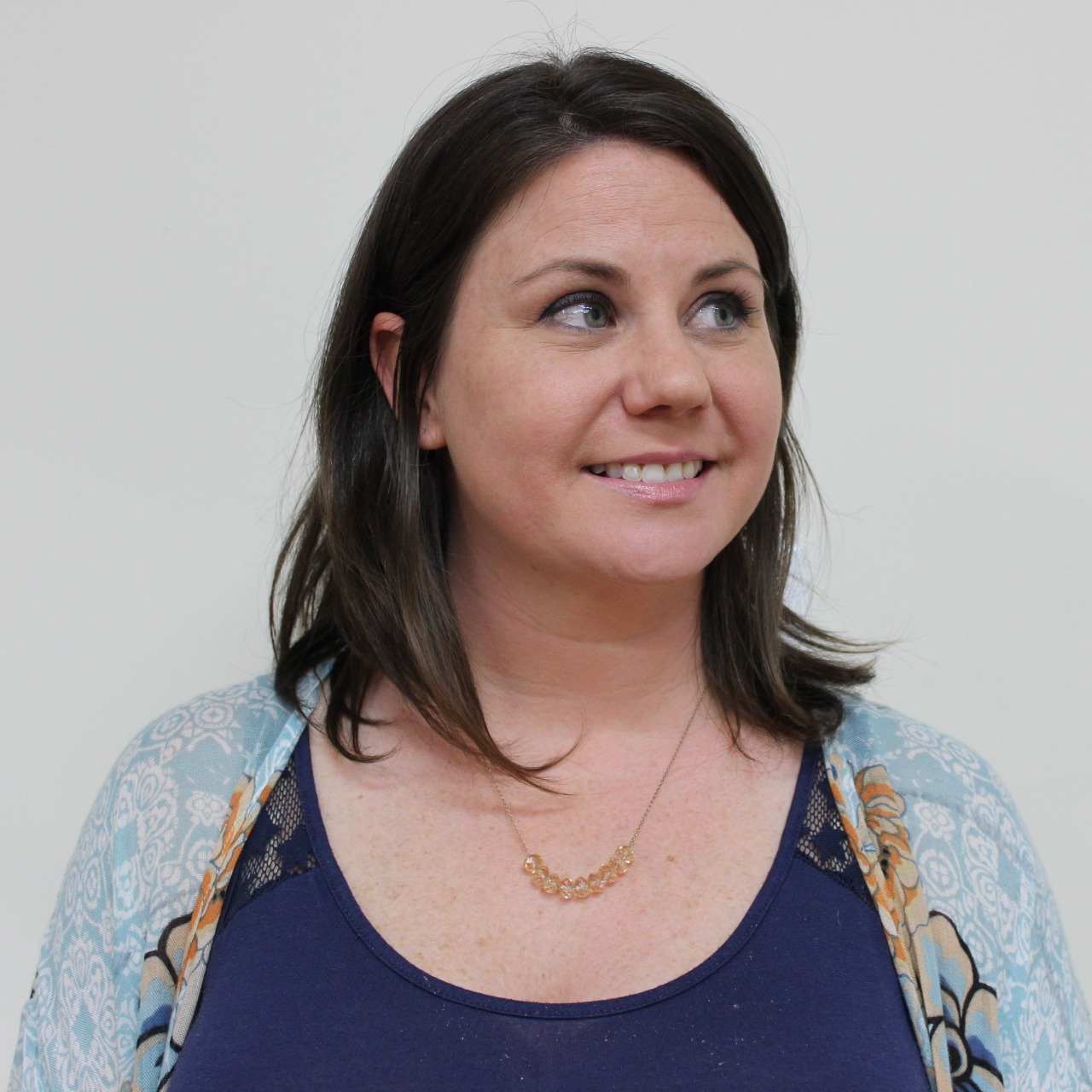
In case you missed it, the man most notably recognized for his tag line, "Live Long and Prosper" came out as being diagnosed with COPD (chronic obstructive pulmonary disease) just a week and a half ago. Leonard Nimoy who played Spock in the original Star Trek series is one of only a few celebrities to announce they've fallen ill with COPD. With his upfront approach and recent interview, the beloved actor is fast becoming the newest spokesperson to shed light on the 3rd leading cause of death in the U.S. (and the 5th leading cause of death in the U.K.).
A few days later, a U.K. study was released that found doctors are missing opportunities to diagnose COPD earlier. The retrospective study of almost 39,000 patients showed that "5 years before diagnosis, 85% of patients had visited their GP or a secondary care clinic at least once with lower respiratory symptoms."
The World Health Organization predicts "that COPD will become the third leading cause of death worldwide by 2030." With COPD on the rise, it's quite obvious that the world needs to not only shine a light on this under-diagnosed disease for patients but for physicians as well. The timing of Leonard Nimoy's recent admission along with the findings from this new study might help do just that.
At BuzzBack, we too were interested in understanding COPD better from a physician and patient perspective, so we decided to take a different approach that was highly effective in eliciting honest responses from both doctors and patients in a pre-established 'safe-space'. Respondents participated in two BuzzBack Hive sessions over a one week period; they posted comments based on tasks and were encouraged to interact with other participants in the group. Interestingly, we learned that although current recommended and reported treatments involve few lifestyle modifications, patients’ advice to other COPD sufferers is almost strictly related to daily routine. Patients strongly suggest sufferers stop smoking, exercise, eat healthily, take medications, and establish consistency in doctor visits; this appears to be aspirational as many admit they struggle to follow their own advice.
For his part, Mr. Nimoy appears to be taking an upfront, positive approach to dealing with his diagnosis and much like the patients from our study is dishing out his own advice, albeit via twitter. Since his spotlight is a lot brighter than most suffering with COPD, maybe, just maybe the world will take notice.
To learn more about our COPD Study, like what doctors and patients said about new treatments, send us an email.